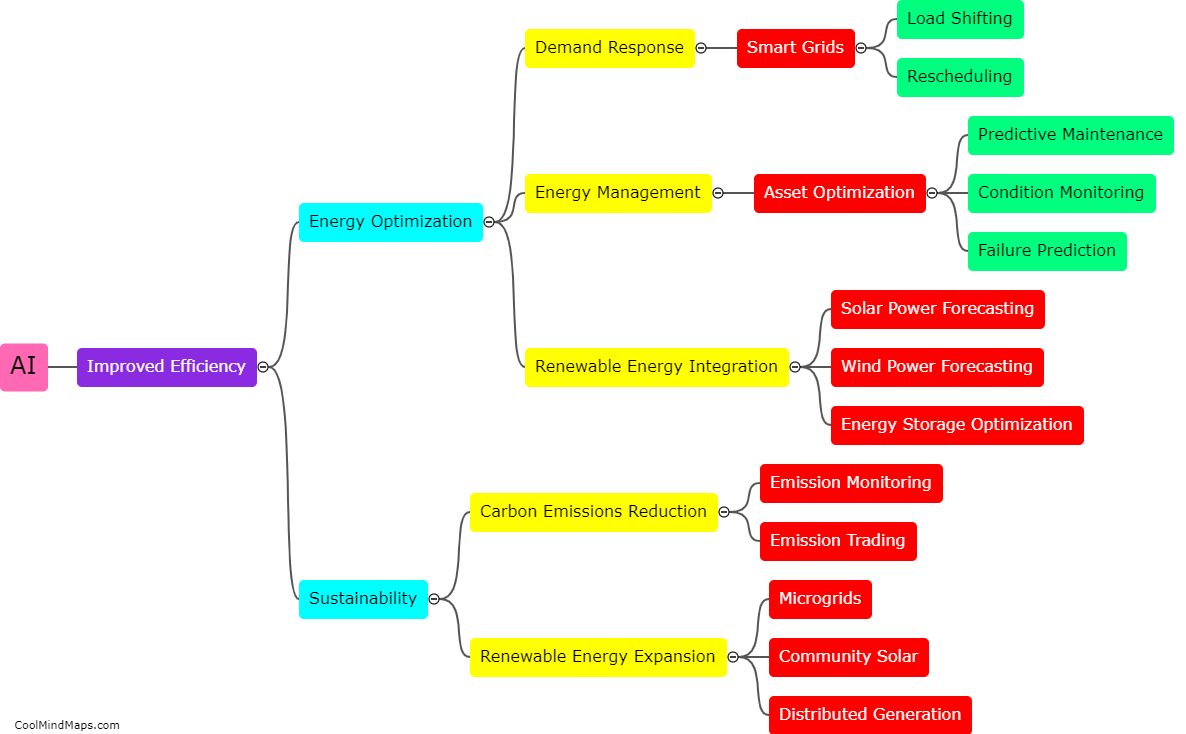How does dysregulation in cytokine balance contribute to paradoxical psoriasis?
Dysregulation in cytokine balance plays a critical role in the development and progression of various inflammatory disorders, including psoriasis. Psoriasis is a chronic immune-mediated skin condition characterized by the excessive growth of skin cells, resulting in red, scaly patches. Paradoxical psoriasis refers to a unique phenomenon where patients receiving certain biologic therapies for other immune conditions, such as rheumatoid arthritis or inflammatory bowel disease, develop psoriasis as a side effect. This paradoxical response is believed to be driven by an imbalanced cytokine profile, particularly an increase in tumor necrosis factor-alpha (TNF-α) and interleukin-17 (IL-17) levels. These biologic therapies, designed to inhibit TNF-α or IL-17, can disrupt the delicate cytokine balance in susceptible individuals, leading to the manifestation of psoriasis symptoms. Understanding the underlying mechanisms of cytokine dysregulation in paradoxical psoriasis is crucial for developing targeted therapies and improving patient outcomes.

This mind map was published on 12 July 2023 and has been viewed 126 times.











